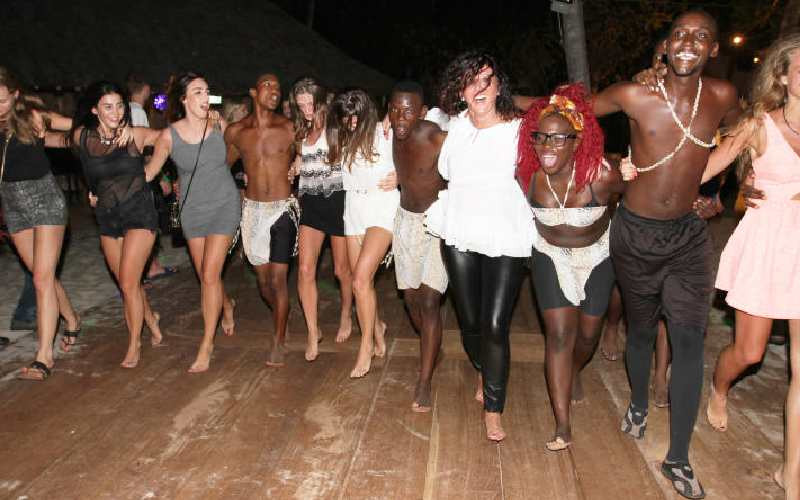×
The Standard e-Paper
Join Thousands Daily

Insecurity, lack of skilled labour, stringent liquor laws, and lack of proper consultations are the biggest impediments to Mombasa's renewed quest to operate a 24-hour economy, logistics and trade experts have said.
In 2008, the port started to operate all day and night but the initiative has not been fully actualised largely due to resistance from some State agencies and private firms.